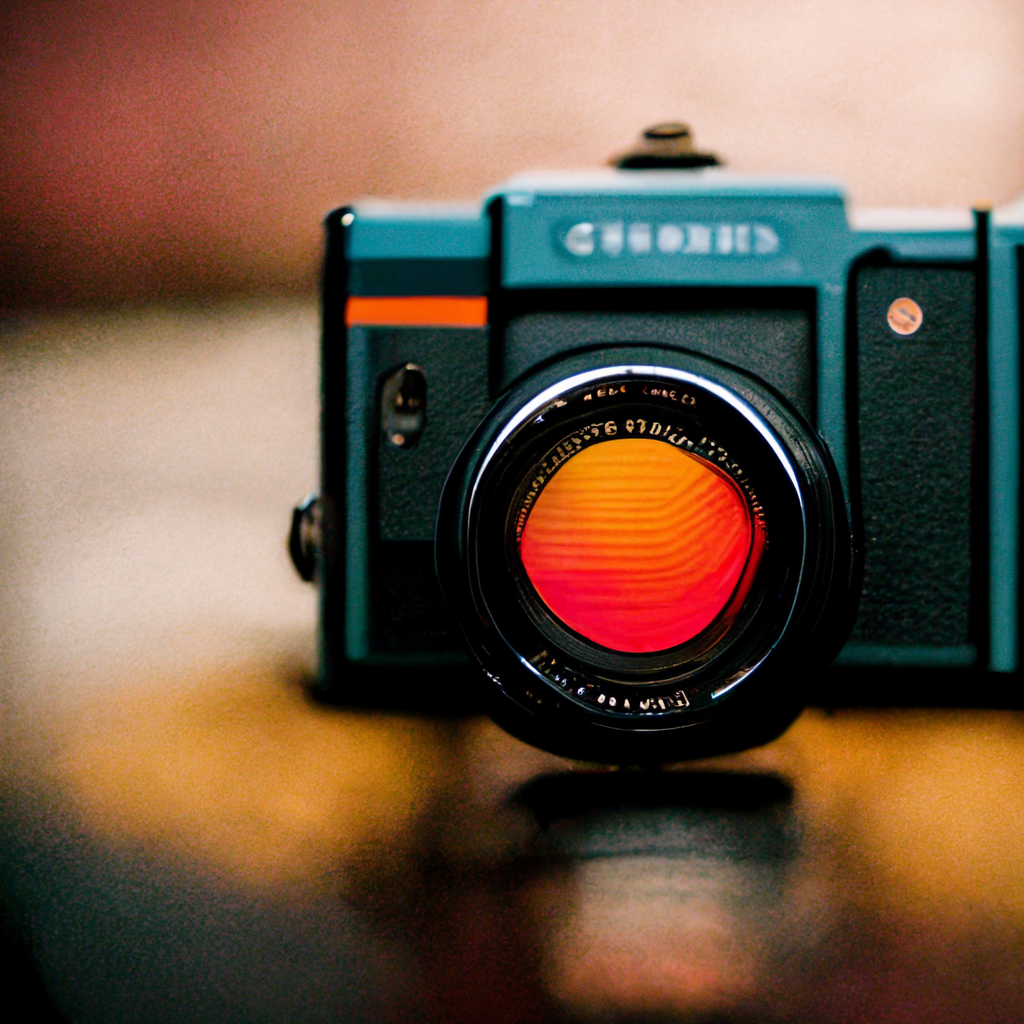
Choosing a camera can be a daunting task, especially for beginners who may not be familiar with all the technical terms and features. But don't worry – we're here to help! In this article, we'll go over some important considerations to keep in mind when selecting a camera, as well as provide some recommendations for different types of photographers.
First, let's start with the basics: what do all those numbers and letters mean on the side of the camera box?
The most important number to pay attention to is the megapixel count. This refers to the number of pixels (tiny dots of color) that make up the image captured by the camera's sensor. The higher the megapixel count, the more detail the camera can capture and the larger you can print your photos. However, it's important to note that megapixels aren't everything – other factors, such as the quality of the lens and the sensor itself, also play a role in image quality.
Another important feature to consider is the type of camera. There are three main types: point-and-shoot, mirrorless, and DSLR (digital single-lens reflex).
Point-and-shoot cameras are small and portable, making them a great choice for travelers or those who want a camera they can easily carry around with them. These cameras often have automatic modes that make it easy to get good shots without having to worry about manual settings. However, they tend to have smaller sensors, which can result in lower image quality compared to other types of cameras.
Mirrorless cameras are similar to point-and-shoot cameras in terms of size and portability, but they offer more advanced features and higher image quality. They use a different type of autofocus system and have interchangeable lenses, which gives you more flexibility in terms of the types of photos you can take.
DSLRs are the most advanced and versatile type of camera, and they're a favorite among professional photographers. They have large sensors and offer a wide range of manual controls, allowing you to fine-tune your images to get exactly the look you want. However, they are also the largest and heaviest of the three types of cameras, so they may not be as convenient to carry around.
So, which type of camera is best for you? It really depends on your needs and budget. If you're just starting out and want a simple, easy-to-use camera that won't break the bank, a point-and-shoot might be a good choice. If you want more control over your images and are willing to invest in a higher-quality camera, a mirrorless or DSLR might be a better fit.
Now, let's move on to some specific camera recommendations.
For beginners:
- Canon PowerShot SX620 HS
- Nikon COOLPIX B500
- Sony Cyber-Shot DSC-WX350
For intermediate photographers:
- Canon EOS M50
- Fujifilm X-T200
- Olympus PEN E-PL9
For advanced photographers:
- Canon EOS 5D Mark IV
- Nikon D850
- Sony Alpha a7R IV
Of course, these are just a few examples – there are many other great cameras out there to choose from. The most important thing is to do your research, read reviews, and try out a few different models to see which one feels the most comfortable and intuitive for you.
Choosing a camera is a personal decision that depends on your needs and goals as a photographer. Whether you're just starting out or are an experienced pro, there are plenty of great options available to suit your needs and budget. Do
your research, consider your budget and the types of photos you want to take, and don't be afraid to try out a few different models before making a decision. And most importantly, have fun and don't get too caught up in the technical details – the best camera is the one that allows you to capture the images you want in the way you envision them.
One final tip: don't forget about accessories! A good camera bag, extra memory cards, and spare batteries are all important to have on hand, especially if you're planning on using your camera frequently. And if you're interested in exploring different types of photography, consider investing in additional lenses or other accessories that will allow you to expand your creative options.
We hope this article has helped you on your journey to finding the perfect camera. Happy shooting!